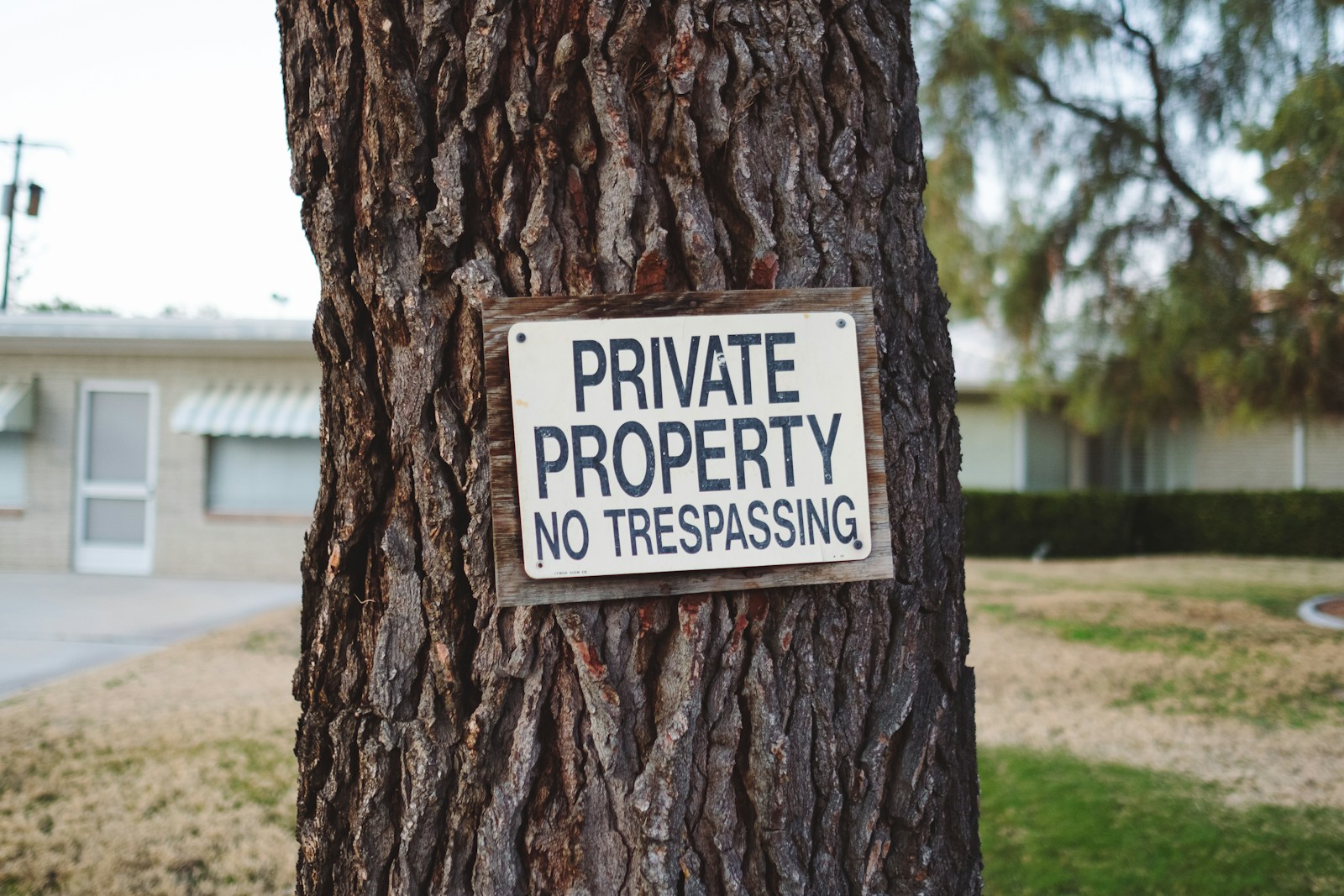
propriété

property
The French word 'propriété' is used in a similar way as 'property' in English. It can refer to a physical building or land owned by someone, or to an attribute, quality, or characteristic of something. For example, 'Elle a acheté une propriété à la campagne' means 'She bought a property in the country'. Likewise, 'La propriété de cette matière est qu'elle résiste à la chaleur' can be translated to 'The property of this material is that it is heat resistant'.
Example sentences using: propriété
Ma famille a une propriété à la campagne.

My family has a property in the countryside.
In the given sentence, 'propriété' is used in its most common meaning, relating to a piece of real estate or land.
La propriété privée est respectée dans ce pays.

Private property is respected in this country.
This sentence uses 'propriété' to suggest that the country respects individual's ownership rights over their possessions or lands.
J'ai perdu les papiers de propriété de ma voiture.

I lost the ownership papers of my car.
Here, 'propriété' is used to indicate the legal documents that prove one's ownership of a vehicle.
La propriété de la balle est contestée.

The ownership of the ball is disputed.
This sentence uses 'propriété' to describe a situation where two or more parties are claiming ownership of the same object, in this case, a ball.
Il a acheté la propriété il y a dix ans.

He bought the property ten years ago.
In this context, 'propriété' refers to a realm of real estate or a physical property that was purchased.
La propriété de ces terres reste incertaine.

The ownership of these lands remains uncertain.
In this sentence, 'propriété' relates to questions of legal ownership or possession of a geographical area or territory.
La notion de propriété a évolué avec le temps.

The notion of property has evolved over time.
This uses 'propriété' to discuss the change in the concept of ownership and property rights throughout history.
Ils ne respectent pas la propriété d'autrui.

They do not respect the property of others.
The term 'propriété' here indicates the belongings or possessions of others, and asserts that some individuals fail to respect these rights.
La propriété de l'invention lui a été attribuée.

The ownership of the invention was attributed to him.
This sentence uses 'propriété' to convey legal ownership of an invention, often linked to patents or other forms of intellectual property rights.
La propriété intellectuelle est importante pour la créativité.

Intellectual property is important for creativity.
This sentence emphasizes the importance of intellectual property rights in fostering and protecting creativity and innovation. It uses the term 'propriété' in the sense of ownership over intellectual creations.